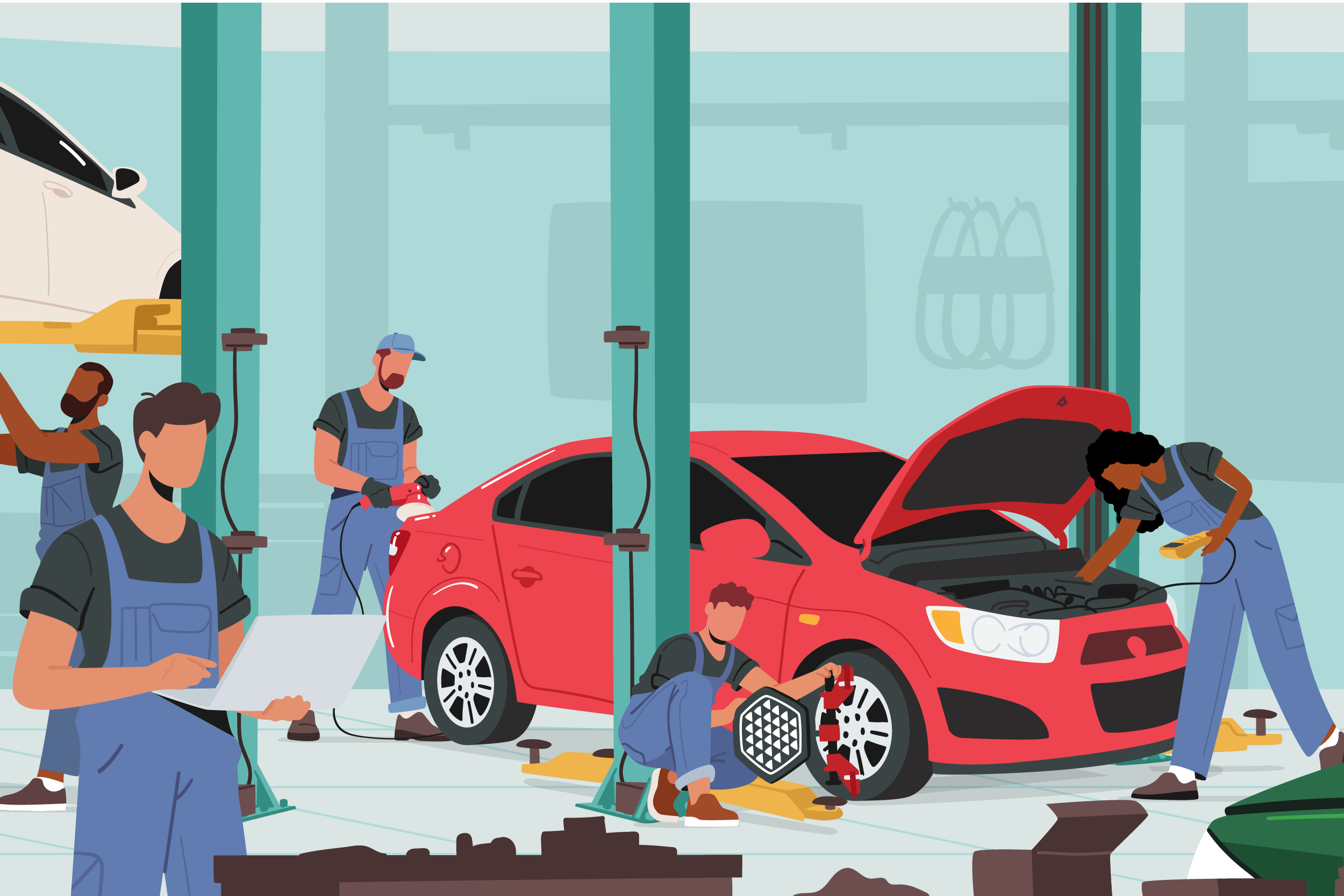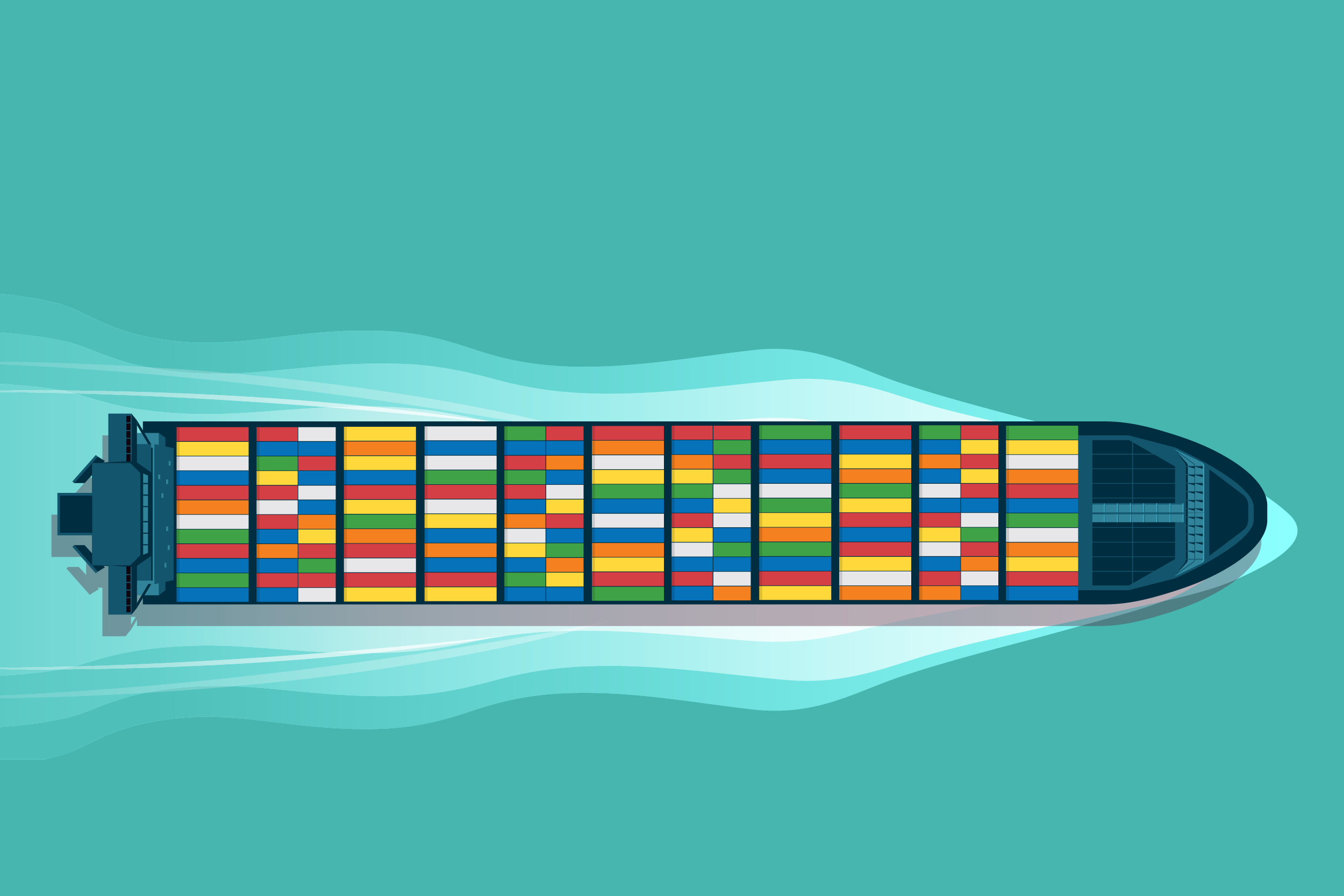July 13, 2019, a massive power outage plunged a significant portion of New York City into darkness. The outage began Saturday just before 7:00 pm. 73,000 people were in the dark until just after midnight.

A five-hour power outage may seem relatively insignificant. It certainly pales in comparison to some other more famous power outages. For example, on March 31, 2015, 70 million people in Turkey were without power for more than seven hours. On July 31, 2012, 670 million people in India lost power for between two and eight hours. The famous North American blackout on August 14, 2003 impacted significant portions of the northwestern U.S. and Canada, with more than 50 million people in the dark for between 16-72 hours in the USA and up to 192 hours in Canada. (Veloza and Santamaria 2016)
New York, however, is one of the world’s most significant metropolitan centres, the hub for a financial network that spans the globe. When a location like New York loses critical infrastructure, the impacts cascade and resonate across financial, transportation, and business systems.
Power … Read more...




